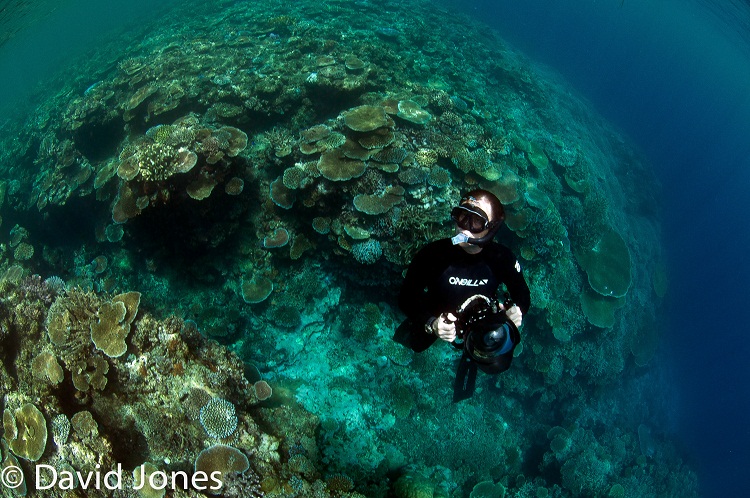
Our oceans are in crisis. Each year, the world produces 300 million tonnes of plastic – of which around 8 million tonnes makes its way to our oceans, damaging marine eco systems and introducing toxic particles into the human food chain.
Some plastics really are forever. While the average water bottle will take 450 years to break down, the most durable plastics never completely biodegrade, but rather transform into microscopic particles that float through the ocean in invisible swathes. The earth’s oceans are now in great peril from the tide of plastic that is spreading across the planet, and all of us who utilise the oceans – for food, for swimming, or for yachting leisure – are witnessing the visible impact as it washes up on our shores.
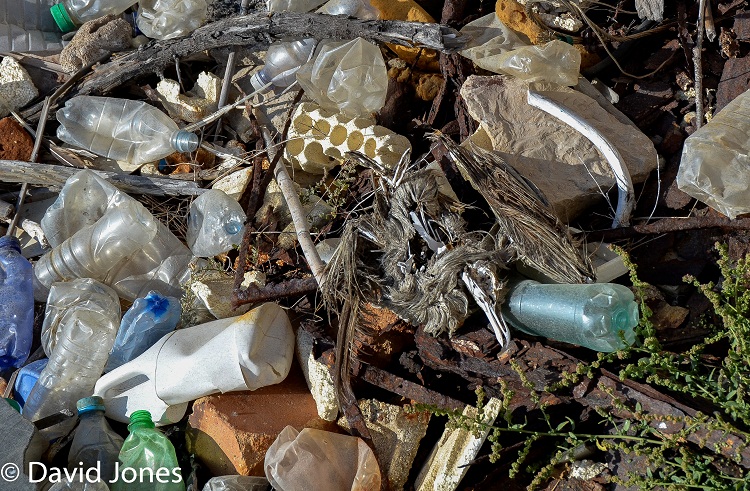
In a recent interview, the famous English naturalist and TV presenter David Attenborough said: ‘We have to act now to try and clear up and repair some of the appalling damage we have made to the oceans. That will require positive action.’
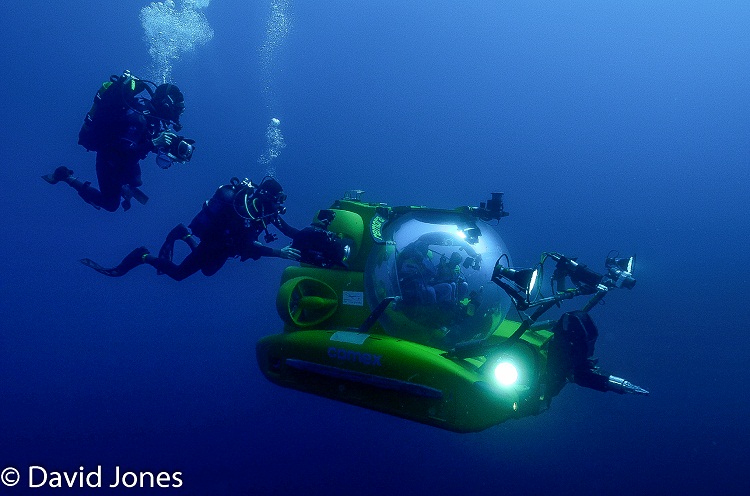
Luckily, positive action is at hand. The Plastic Ocean Foundation is a global organisation that aims to change the world’s attitude towards the use of plastic. The charity is enjoying enormous support from a wide range of organisations, which include not only the expected environmental groups such as Greenpeace, but also high-profile companies with a vested interest in maintaining the beauty and purity of the oceans, such as the world’s leading full-service yacht brokerage, Fraser.
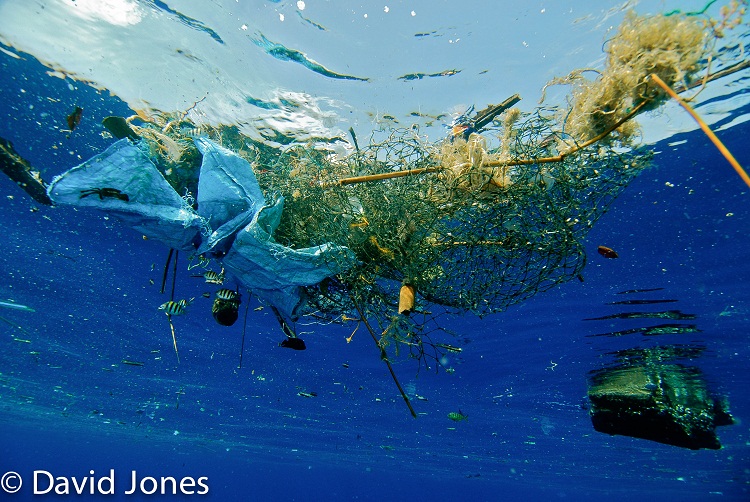
Fraser recently pledged a total support of the Plastic Oceans Foundation’s campaign, providing resources and using its celebrated reputation within the yachting industry to help protect the marine environment. The global Fraser team will act as ambassadors for Plastic Oceans and will collaborate with the charity to produce training and best practice documents for yacht crew, yacht Owners and yacht charterers to reduce the usage and disposal of plastic on yachts, as well as encourage educational exercises and waste-reducing initiatives across the Fraser fleet.
Raphael Sauleau, the Chief Executive Officer of Fraser is delighted to partner with Plastic Oceans, and commented:
“We are always looking for ways to protect the environment and give back to the oceans that we make our livelihood from; we want to make sure that the oceans remain a beautiful place for many people to enjoy for future generations. We were very impressed with the work and the enthusiasm of Plastic Oceans. One of the great features of their strategy is that it is relatively simple to put in place, if everyone made a little effort it will result in a huge impact. We know that this topic is also close to the hearts of our clients and we look forward to working with them on various initiatives.”
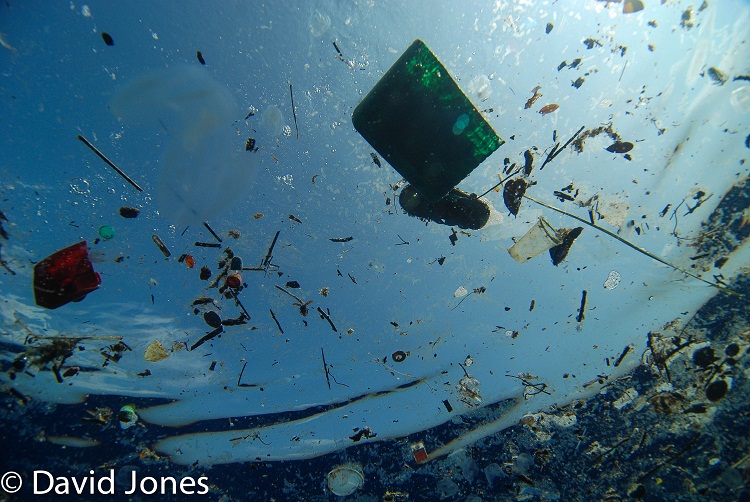
Celebrating the partnership, David Jones of the Plastic Oceans Foundation said:
“We are genuinely thrilled that a prestigious company like Fraser has shown so much enthusiasm for what we are trying to achieve and has agreed to commit resources and to use its global voice to help us change the way we deal with plastic waste.”
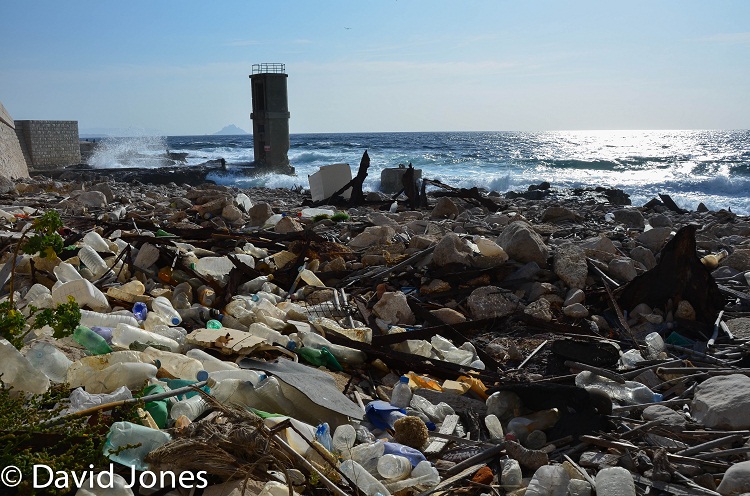
The Plastic Oceans Foundation is spreading its message through an award-winning feature-length documentary film, A Plastic Ocean, which documents the impact of plastic on our marine life. David Attenborough has described this documentary as ‘one of the most important films of all time.’
Video credit: A Plastic Ocean
Plastics are forever. The choices we make now will play out for thousands of years. Positive action on reducing plastic waste is required. If you’re interesting in finding out more about the work Fraser will be doing with Plastic Oceans to protect our marine environment, please contact the team at Fraser. A Plastic Ocean is available to view on iTunes, Google Play, Amazon and other major platforms.




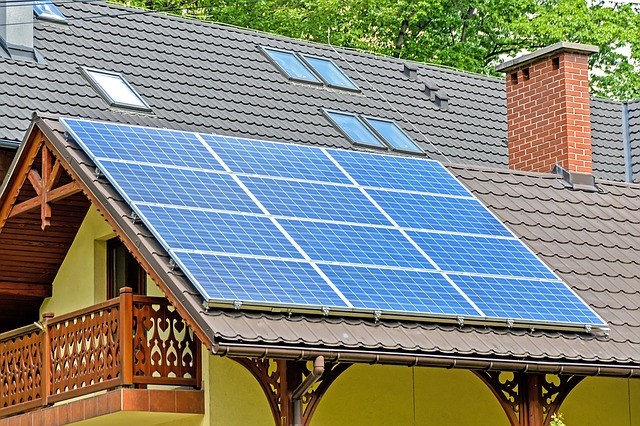
Leave a Comment